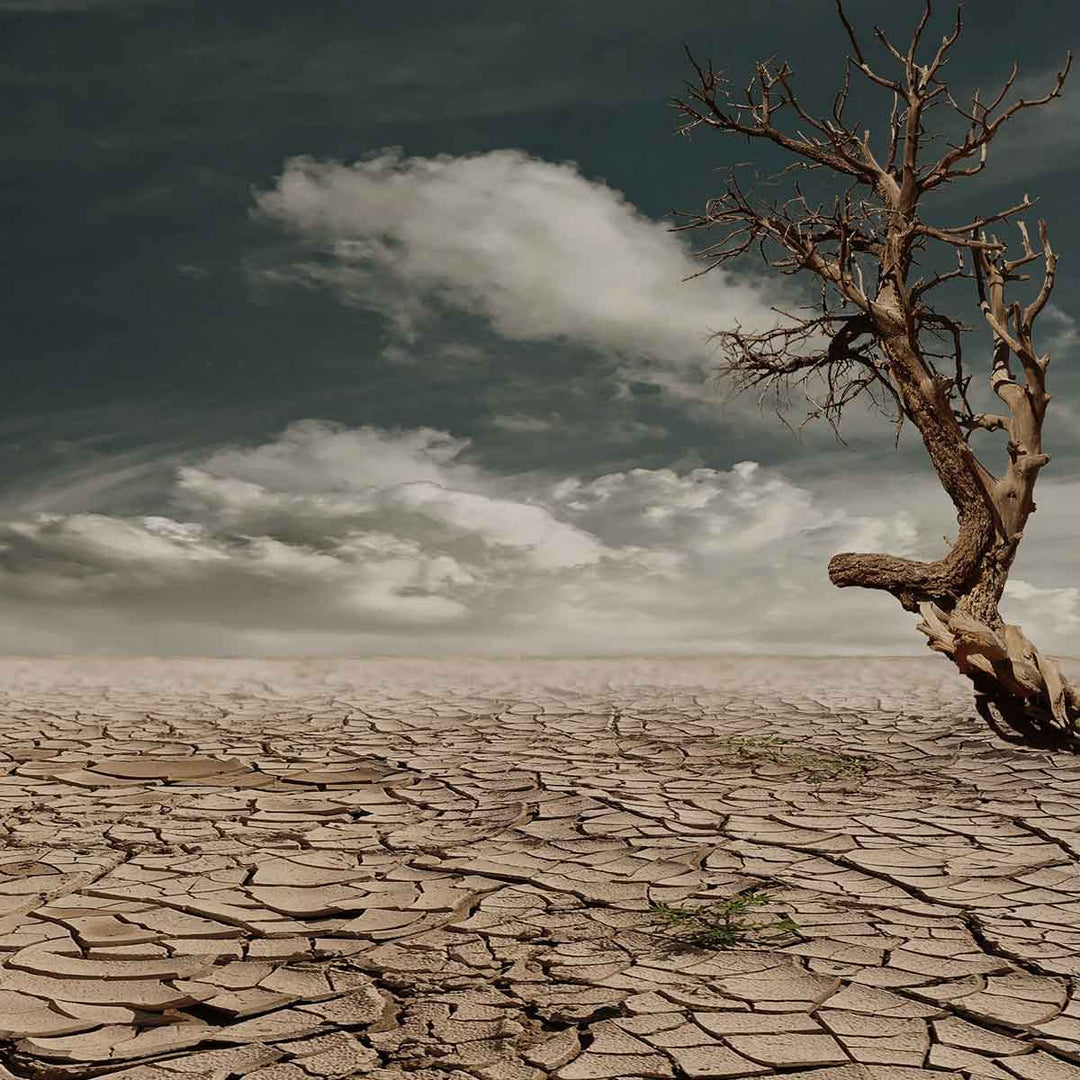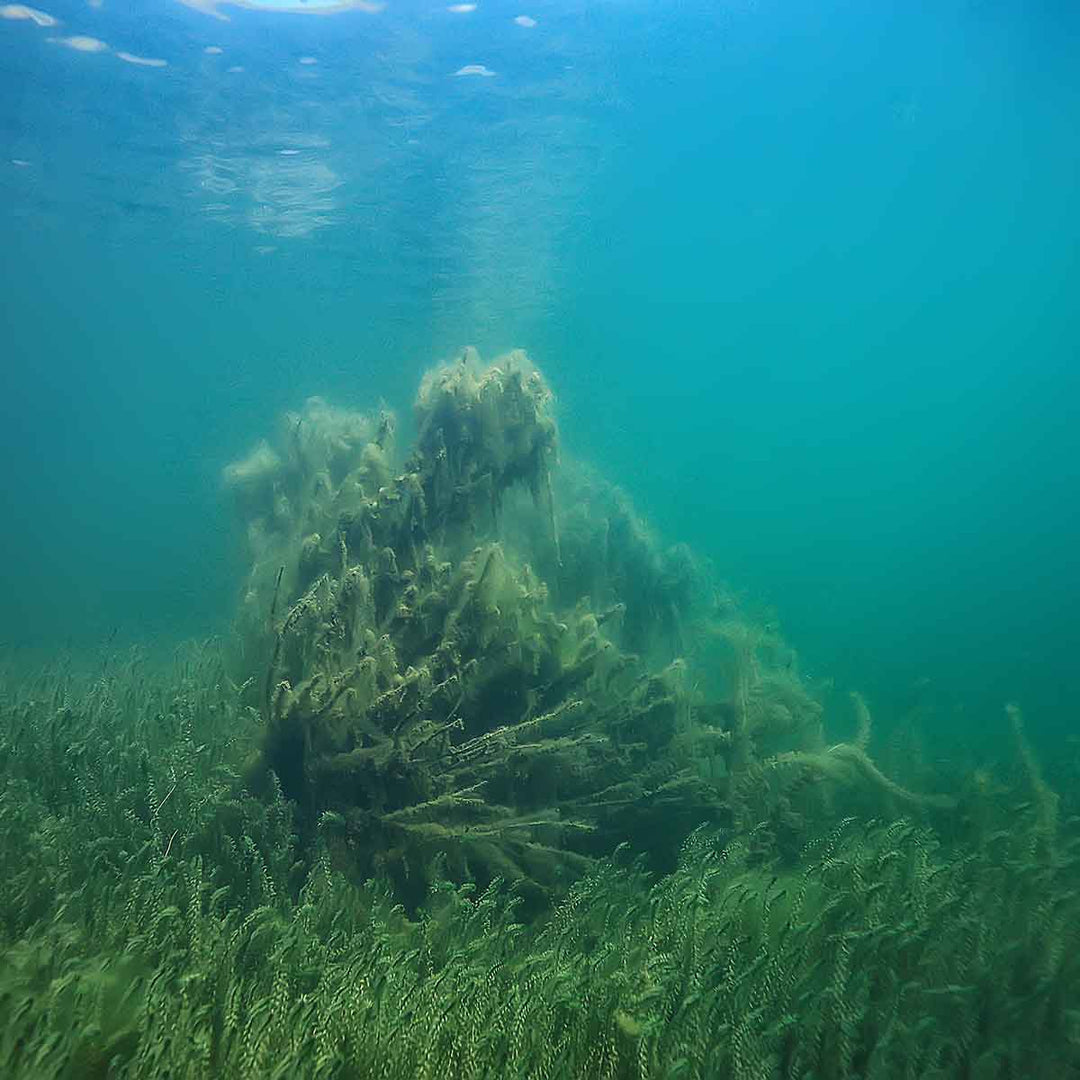What is Plastic Recycling?
Plastic is one of the most manufactured products in the world, with tons of non-degradable substances being created in just about every country. Though plastic is not a biodegradable product, it is still possible to reuse it, ensuring that it is not a product that ends up in landfills or pollutes the land and sea. Plastic recycling is the process of repurposing and reusing plastic products in new ways, once their main purpose or reason for being created has been fulfilled. Recovering and recycling these items that have been discarded after they have been used and repurposing them into something functional, is a way that we can all help to decrease pollution and even potentially reduce the amount of plastic that is being created. Our products contain only recycled materials!
Which Plastics Are Not Recyclable?
Though there have been major advancements in what we can recycle, there are still a few plastic products that are still not able to be processed through recycling systems. Polystyrene (PS), Polypropylene (PP) and Low-density polyethylene (LDPE) are still products that cannot be processed through these recycle systems. These plastic recycling codes appear on all different plastic products, and checking to see whether you are purchasing an item that cannot be recycled will help to reduce the number of plastics that cannot be recycled landing up in our oceans and in landfills. The reasons why they cannot be recycled across the different plastics and in different countries, though most reasoning comes down to the fact that it is not economical to do so.

How Are Plastics Recycled?
The plastic recycling process involves a multitude of different steps that are designed to melt down the plastic and turn it into something new and functional. The first step would be the collection of such items and it is important that only recyclable plastics be processed. Though we have all got better at understanding plastic recycling and the goals behind the process, the collection of recyclable plastic waste is still often a confusing and long process. In order for the plastics to be moved to the melting stage, all potential contaminants and non-recyclable plastics have to be sorted and removed from what is going to be melted down. Very often, this process is done manually and so it takes a lot of time to complete.
Once the plastics have been decontaminated and any other non-recyclables removed, it is now time to melt the plastics down. Melting is the easiest way to return the substance to its original form, where it appears as a sort of granule. When the process is complete, the granules can be used for a number of different things!
What Are the Stages of Recycling Plastics?
- Sorting: The first stage of plastic recycling is ensuring that plastic products are correctly sorted through. this step is the most important as contamination of any product will lead to the entire batch being unusable, leading to the waste not being processed, rendering it useless. there have been many advancements in the sorting process and many recycling plants now use automatic machinery to sort through and organise plastic waste, ensuring there are no errors.
- Melting: The next and final step in this two-part process is melting the plastic waste down. This step turns the plastics into granules that are processed and distributed to manufacturers, turning the once useless item into something more functional!
How Can be Recycled Plastics Be Used?
There are many plastic recycling uses that come from using these recycled products. there are many different industries that have been coming to the party and are looking to include these materials in their business. From decorative features in our homes to even bricks that have been developed using these different recycled plastic products, the opportunities are endless! Some of the latest advancements in the plastic recycling industry have been that large corporations and businesses have taken to replacing other items that they hay have used with recycled plastic ones, going a long way in ensuring that these items are used in a functional and beneficial way! This not only helps to reduce the strain plastic places on the environment but it also makes this plastic recycling industry one that could actually result in profit!

What Can We Do for Plastic Recycling in Our Homes?
There are many small changes that we can make to our lives and within our homes that can help contribute to the plastic recycling process. The act of correctly recycling certain plastics, washing them before throwing away and transporting them to the nearest recycling plant all contribute to the recycling process. Another important thing that we can do is make sure that we are purchasing plastics that can actually be recycled. Avoiding purchasing Polystyrene (PS), Polypropylene (PP) and Low-density polyethylene (LDPE) products will go a long way to decreasing the amount of useless waste that makes its way into our homes. Looking at plastic recycling symbols and recycling according to these different methods will help to decrease the time spent sorting, making the entire recycling process more affordable! If we all do our part, the reduction in the amount of plastic waste that would make its way to our seas and in our landfills could make a world of difference!
The Latest Advances in Plastic Recycling
The recycling process has been developed a lot over the years and as the industry has grown, more effective ways of recycling have been produced. The systems for sorting and managing what goes through a plastic recycling plant have been developed from manual sorting to automatic machinery, ensuring that there is no room for human error when it comes to the recycling process. Another fantastic development in the advancement of recycled plastics is finding new ways for the end product to be used. As the process is one that is expensive, developing the final product into something that can be used and bought for higher prices increases the effectiveness of the industry, turning it into one that can actually make you money instead of cost you. This is important in increasing the number of plastic recycling plants around the world and reducing the waste that is accumulated.













